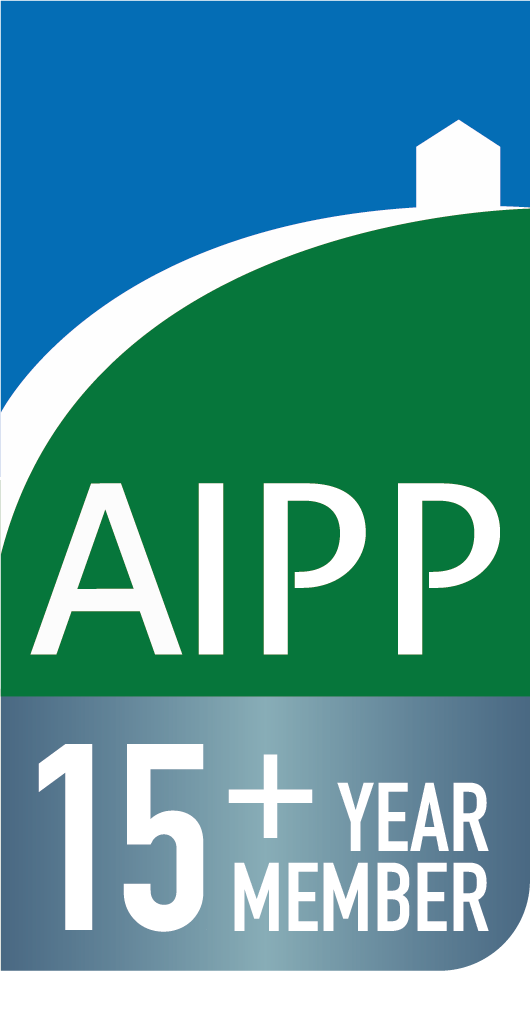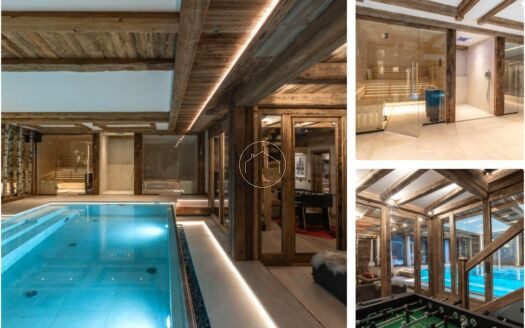Does Owning a Second Home in France Make You a Tax Resident?
For British buyers considering a ski chalet or alpine apartment, one question surfaces repeatedly: will purchasing property in France automatically render one a French tax resident? The answer is reassuringly straightforward—no. Yet the rules merit careful attention, particularly since Brexit introduced an additional layer of restrictions for UK nationals.
Property Ownership and Tax Status Are Separate
Acquiring a home in France does not, in itself, alter tax status. Those whose lives remain centred abroad continue as non-residents. The French tax authority examines three principal criteria, established under Article 4B of the Code Général des Impôts, to determine tax residency.
The first criterion concerns one’s household or family base—the foyer. If a spouse or children reside permanently in France, the tax office may conclude that one’s centre of life is French, regardless of where the taxpayer spends most nights. The second criterion addresses the main place of stay, the lieu de séjour principal. Spending more than 183 days per year in France, or maintaining France as the primary place of physical presence, triggers this test. The third examines the centre of economic interests—whether principal income, business management, or investments are situated in France.
Meeting any single criterion can establish French tax residency. Conversely, if none apply, one remains classified as a non-resident, regardless of property ownership.
When Proof of Non-Residency Matters
Routine activities—shopping at the local boulangerie, paying utility bills, or dining in resort restaurants—require no documentation of tax status. Proof becomes necessary in specific circumstances.
The French tax office may request a certificate of tax residence when one earns French-source income, particularly rental income from property. French banks increasingly ask for such certificates, typically issued by one’s home country tax authority, as part of compliance procedures. Double taxation treaties between France and other nations rely on these certificates to prevent being taxed twice on the same income.
Additionally, all property owners—residents and non-residents alike—must now complete an annual Declaration d’Occupation online, declaring how their property is used. This requirement, introduced in recent years, applies even to those who do not file regular French tax returns.
Brexit’s Impact on UK Buyers
Since 1 January 2021, UK nationals have been treated identically to any other non-EU visitors under Schengen Area regulations. The rules are precise: a maximum of 90 days within any 180-day period without a visa. This effectively permits three months at a time, totalling six months per year in aggregate.
To remain longer requires obtaining a French residency visa or permit—a formal process involving documentation and approval. This restriction carries an inadvertent benefit: it renders virtually impossible for UK buyers to accidentally become French tax residents under the 183-day rule, since exceeding that threshold without formal residence status would constitute an immigration violation.
The new EU Entry/Exit System, launched in October 2025, strengthens enforcement through biometric border tracking. UK citizens can no longer rely on unstamped passports or casual border crossings; the system automatically calculates days spent within the Schengen Area.
Maintaining Clear Non-Resident Status
For those wishing to retain tax residence abroad whilst enjoying French property, the approach is straightforward.
Keep the principal home and family base outside France. If a spouse and children live permanently in Britain, Spain, or elsewhere, this weighs heavily toward maintaining foreign tax residence. Ensure primary work, business operations, and income sources remain outside France. The tax authority examines where professional activities are conducted and where the bulk of income originates.
For British buyers, strict adherence to the 90/180 Schengen rule is essential—both for immigration compliance and tax planning purposes. Should one earn French income, such as rental proceeds, file as a non-resident and pay the applicable taxes on that French-source income only. French non-residents pay tax solely on income arising in France, not on worldwide income.
The Distinction That Matters
Owning a ski property in Méribel, Chamonix, or Val d’Isère differs fundamentally from being fiscally French. The former involves property rights and maintenance obligations; the latter encompasses worldwide income, wealth taxes, and comprehensive tax filing requirements.
As long as one maintains a household, income, and principal presence abroad—and, for UK buyers, respects the post-Brexit 90/180 limitation—one remains a non-resident for French tax purposes. The property serves its intended purpose: a mountain retreat for holidays and recreation, not a change of tax domicile.
The rules are clear, well-established, and applied consistently. French alpine property ownership remains accessible to international buyers who understand and observe these straightforward boundaries.
Quick search
Ready to Buy your ski Home?
Get in touch with our French Alps team to secure your ideal ski property.

Domosno — member of the
Association of International Property Professionals
since 2010



